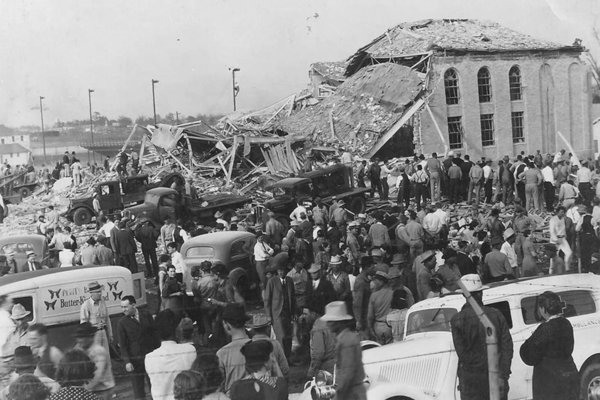In this session we consider natural a-theology: arguments that no rational person should believe that a god exists. In particular, we will focus on the Problem of Evil. To guide our thinking, we’ll consider one of the most important meditations on evil in the history of literature: Ivan Karamazov’s “Rebellion” speech in Dostoevsky’s The Brothers Karamazov.
Read This:
Dostoevsky’s “Rebellion”: Reject God
Key Concepts:
- Problem of Evil
- Natural vs. moral evil
- Free will defense
- Soul-making defense
- Skeptical theism
Do This:
- Complete Map to the Good Life Activity #3 before your next dialogue group meeting (November 3 or 4).
- Complete Map to the Good Life Activity #4 before next week’s dialogue meeting (November 10 or 11).
- If you would like to apply for the GGL Fellows Program, the application is due November 7. (Decisions will be released by November 23.)
Pre-Class Questions
Your responses to the following questions are due on Canvas before class. Your top 15 scores of the semester will count toward your final grade.
- What do you think is the strongest response to the Problem of Evil, as it is presented in the reading? Identify the premise you think is most likely to be false and explain why.
- Apart from the problem of evil, what is the strongest argument you can think of against the existence of God? (Even if you’re a believer, what’s the best case you can imagine an atheist making?) Your answer can be in paragraph form, premise/conclusion form, or in the form of an argument map – just make sure the reasoning is presented as clearly as possible.
Map to the Good Life
This prompt will be one of your options to address in Activity #4 of Map to the Good Life, which will be due before your dialogue group meeting on November 10 or 11.
Imagine you are in a debate against Ivan Karamazov over the existence of God. He has just delivered the speech we read for class as his opening statement. Write a rebuttal to his speech, in which you give the strongest response you can to his main argument, while acknowledging and explaining any significant points where you agree with him.























